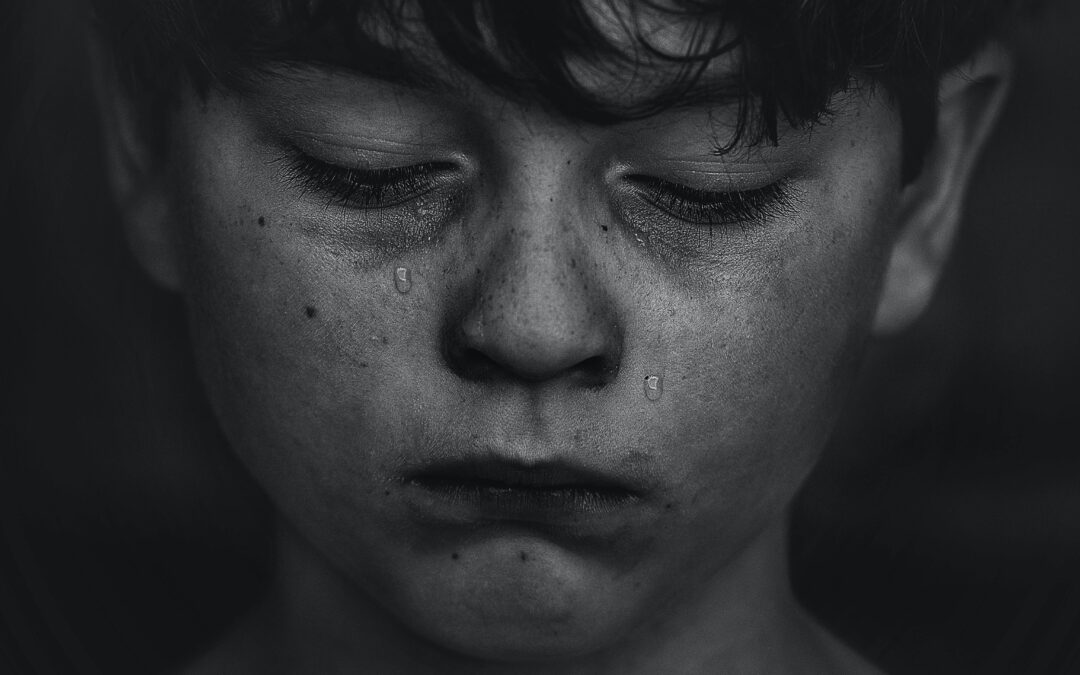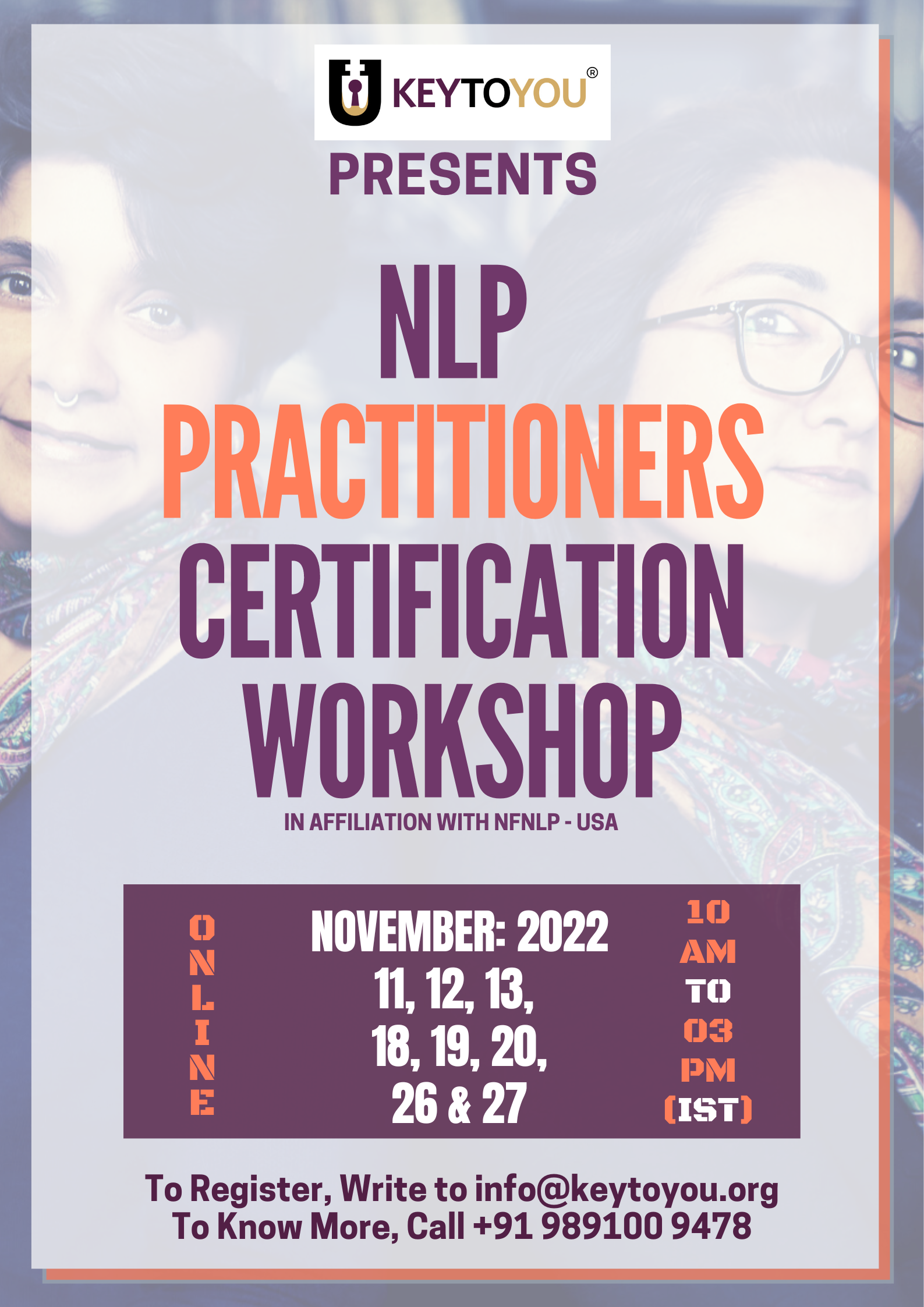How many times you have scrolled through Facebook and Instagram and seen happy faces wearing the best of clothes in picturesque locations. Or seen friends post beautiful pictures with their spouses when you know they are going through difficulties in their relationships. How many times have you forced a mile on your face when inside you were feeling shattered? In a nutshell, that is toxic positivity. And unfortunately, it has destroyed our lives.
Many of us think that we have to build this persona and pretend that we are happy. We have the best of everything, whether it’s money or relationships. Even if we have problems, we pretend we are very resilient. And when people like to give their examples to others by saying that they haven’t come across a stronger person. When you hear people talking so positively about you just because you have been able to hide your emotions so well, you get all the more motivated to portray yourself as someone powerful.
So what is Toxic Positivity?
Toxic positivity is portraying ourselves to be happy no matter what our circumstances are. When people use or demand positive emotions or optimism in a way that causes people to feel disregarded, that’s toxic positivity. Stephanie Preston, Ph.D., professor of psychology at the University of Michigan, explains. “It ranges from people actively trying to maintain their own spirits or sticking their heads in the sand, to forcefully preventing others from voicing uncomfortable concerns.” No matter how well-meaning, such blind positivity can feel “repressive or invalidating to others,” Preston adds.
It is also, in a way, discouraging people from talking about their issues, which sound negative and only encourage them to share “positive vibes.”
When we narrate a negative instance, and others respond with “Positive vibes only,” we feel our feelings are not validated and wholly ignored. We think not feeling okay is not normal. You start chasing happiness, and unfortunately, there is nothing called “Forever Happiness” in this world. And being disillusioned can put a lot of pressure on our mental health, and then one day, you break down completely. You might come out of it in some time or start feeling like a failure. So if there are days when you are not feeling good, it’s okay. It happens to the best of us. A study has found that accepting and not rejecting our negative emotions helps us better defuse them and leads to fewer negative emotions over time.
Also, if someone comes to you with their problems, don’t brush it aside by telling them, “Oh you are stronger than that, Oh come on, it will get better just snap out of it or lose that sad face and smile”. Sometimes people want to be heard, and it gives them a sense of validation. It includes being aware of negativity in situations and offering ways to overcome it and discuss it instead of straightforward dismissal.
Social media, unfortunately, has aggravated the problem. If we were to suppose we have the perfect spouses, perfect cars and houses, the most beautiful holidays to go to, and the best relationships ever; then why are there so many problems in the world? Why are there so many suicides, family break-ups, and mental health issues? Many of us are fighting our private battles, so don’t judge people just by looking at some nicely clicked photographs.
If sometimes we feel sad, take it. Sometimes accepting the problems gives us more strength and then brushing them aside. It’s also essential to acknowledge and listen to our emotions even when they aren’t as pleasant. No one can be a ray of sunshine 24/7; humans don’t work that way. Paying attention and processing your emotions as they come and go may help you better understand yourself and those around you.
Vibha S Kapil



Recent Comments